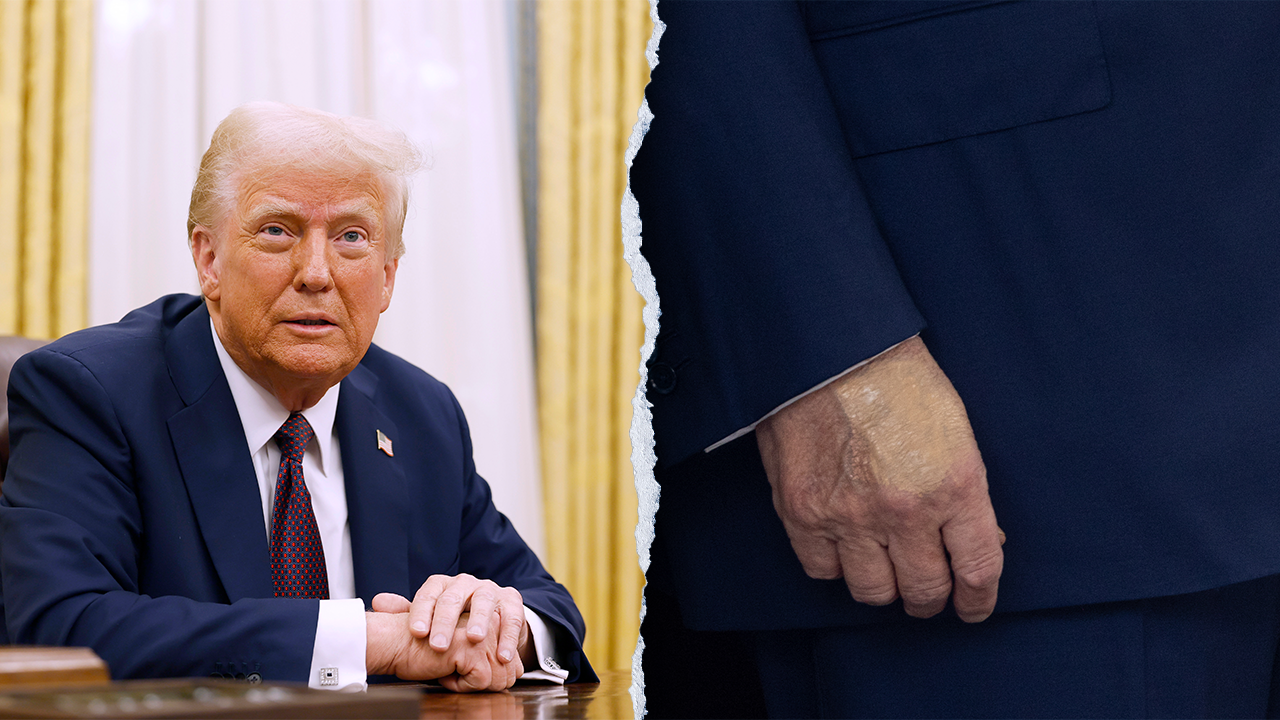US Blocks WHO Pandemic Treaty Amendments: Concerns Over National Sovereignty and Global Health Governance

In a move that has sent ripples through the global health community, the United States has formally rejected amendments to the World Health Organization’s (WHO) International Health Regulations (IHR). These amendments, adopted by a majority of WHO member states in 2024, were intended to strengthen pandemic preparedness and response following the widely criticized global handling of the COVID-19 crisis. The US decision raises questions about the future of international cooperation in tackling future health emergencies and has sparked debate over the balance between global health security and national sovereignty.
The Amendments: A Response to COVID-19's Shortcomings
The proposed changes to the IHR, which are legally binding on member states, were developed over several years in response to the significant shortcomings exposed during the COVID-19 pandemic. Key areas of revision included provisions related to:
- Surveillance and Information Sharing: Strengthening requirements for countries to share data and information about disease outbreaks, including genetic sequencing data, in a more timely and transparent manner.
- Emergency Declaration Process: Revising the process for the WHO’s Director-General to declare a Public Health Emergency of International Concern (PHEIC), potentially allowing for earlier and more decisive action.
- Resource Mobilization: Improving mechanisms for coordinating and allocating resources during a pandemic, ensuring equitable access to vaccines, treatments, and other essential medical supplies.
- Compliance and Enforcement: Introducing greater accountability for countries that fail to comply with the IHR, although the specifics of enforcement remain a contentious issue.
US Concerns: Sovereignty and Potential Overreach
The US government has voiced several concerns regarding the proposed amendments. A primary objection revolves around what officials describe as potential infringements on national sovereignty. Specifically, the US has expressed reservations about provisions that could require it to cede control over its own public health decisions to the WHO, particularly in areas such as vaccine distribution and travel restrictions.
“The United States supports strengthening global health security, but not at the expense of national sovereignty,” a State Department spokesperson stated. “We believe the proposed amendments, in their current form, could create undue burdens on countries and undermine their ability to respond effectively to public health threats.”
Furthermore, concerns have been raised about the potential for the WHO to overstep its mandate and interfere in domestic policy matters. Some US lawmakers have argued that the amendments could give the WHO excessive power to dictate health policies to member states, potentially leading to unintended consequences.
Implications for Global Health Security
The US rejection of the amendments presents a significant challenge to the WHO's efforts to strengthen global pandemic preparedness. Without the participation of a major global power like the United States, the effectiveness of the revised IHR is significantly diminished. Experts warn that this could undermine international cooperation and leave the world less prepared for future pandemics.
The decision also highlights the ongoing tension between the principles of global health security and national sovereignty. Finding a balance between these competing interests will be crucial for building a more resilient and equitable global health system.
Looking Ahead: Negotiations and Future Prospects
While the US has formally rejected the amendments, the possibility of future negotiations remains open. The US has indicated a willingness to engage in discussions with the WHO and other member states to explore alternative approaches to strengthening pandemic preparedness that address its concerns about national sovereignty. However, the path forward remains uncertain, and the global health community faces a significant challenge in forging a consensus on how to best prepare for the inevitable future pandemics.





